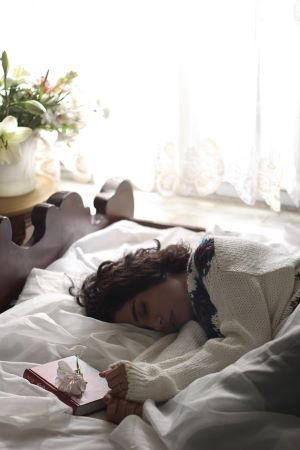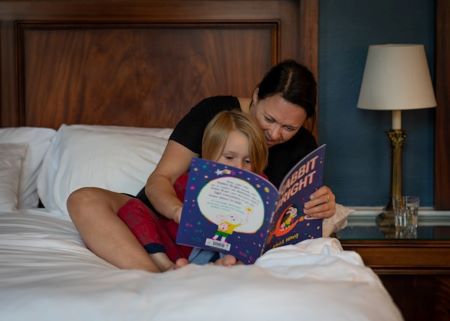Our mental health is influenced by many factors, and to truly improve it, we need to take a broader view. Therapy or counselling can make a big difference, but adopting a more holistic perspective can yield even better results.

Diet, exercise, and physical health play a crucial role in supporting the brain’s functions and our mental state.
Sleep is equally essential.
We all know how we feel after a poor night’s sleep. Whether it’s because the kids kept waking up, we were worrying about various things, or were coughing all night, the next day, we’re not just tired—we’re also more irritable, grumpy, less patient, and less able to focus and think creatively. Sleep, or the lack thereof, significantly affects mental health, impacting levels of depression and anxiety. While there’s some debate about how many hours of sleep an adult needs, the consensus is between seven and nine hours. The more our brain has to process, the more sleep we require to recover for the next day. Early in therapy, I ask clients about their sleep quality, and if it’s not optimal, we work on ways to improve it to help their brain gain insights and make the necessary changes. Most people know what negatively impacts their sleep, but reminders can help connect the dots.

Modern life often doesn’t help. We tend to go against the natural cues that prepare our body and brain for sleep. Humans are wired to wind down as the sun sets, following a routine that signals bedtime. But we switch on bright lights, engage in activities, watch exciting films, and have snacks and drinks right until we go to bed—then wonder why we can’t switch off. It’s like giving a child a bowl of sweets and then asking them to sit quietly and read; it’s just not likely to happen.
Let’s consider some simple changes to help the brain switch off when it’s time. Light, for example, gives our brain the wrong signals. At sunset, our body produces melatonin, a hormone that helps us relax and eventually fall asleep. However, when we expose ourselves to bright lights from ceiling lights, screens, or the TV, it signals to the brain that it’s still daytime and time to be alert. Try using softer lighting in the evening, lowering the intensity so it mimics sunset.
Avoid screens an hour or two before bed & sleep in a completely dark room.
Many people struggle with racing thoughts at bedtime. In addition to supporting melatonin production, reducing stimulants in the hours before bed can help. Caffeine, nicotine, sugar, alcohol, and other substances are stimulants. Even carbohydrates, which convert to sugars, can disrupt sleep if consumed too close to bedtime. A late snack of alcohol or high carbs can cause blood sugar fluctuations, waking us up in the night. But it’s not only about food and drink; the evening activities we engage in can also stimulate the brain, keeping it in work mode. Watching something familiar or rereading a beloved book instead of consuming new, stimulating content can help the brain relax and prepare for sleep.
Children often have simple routines before bed that signal it’s time to sleep, like dinner, a bath, storytime, and cuddles. As adults, we can benefit from a similar approach. A consistent pre-sleep routine signals to the brain that it’s nearly time to switch off. Small activities like reading, listening to soothing music, or journaling can make a difference. When you finally go to bed, leave devices aside. Scrolling or reading the news reactivates the brain; bed should be a space for rest.

Finally, let’s consider the bedroom itself. This space should feel like a sanctuary—a place where you feel safe enough to relax fully. Avoid doing work, hobbies, or watching TV in your bedroom; ideally, it’s a place just for sleeping. A dark, slightly cooler room with a heavier blanket can improve sleep quality. A heavy duvet or weighted blanket can evoke a comforting, secure feeling, which helps the brain relax. And try not to check the time if you’re struggling to sleep. Doing so prompts your brain to calculate the hours of sleep left, which only reactivates it.
These small changes can help with falling asleep, though they may not address waking up during the night. However, any improvement is a step towards more restorative sleep.
Being ready for the day can make a significant difference in how we feel, our ability to focus & connect with others, and our overall approach to life.
Main – Photo by Kate Stone Matheson on Unsplash





